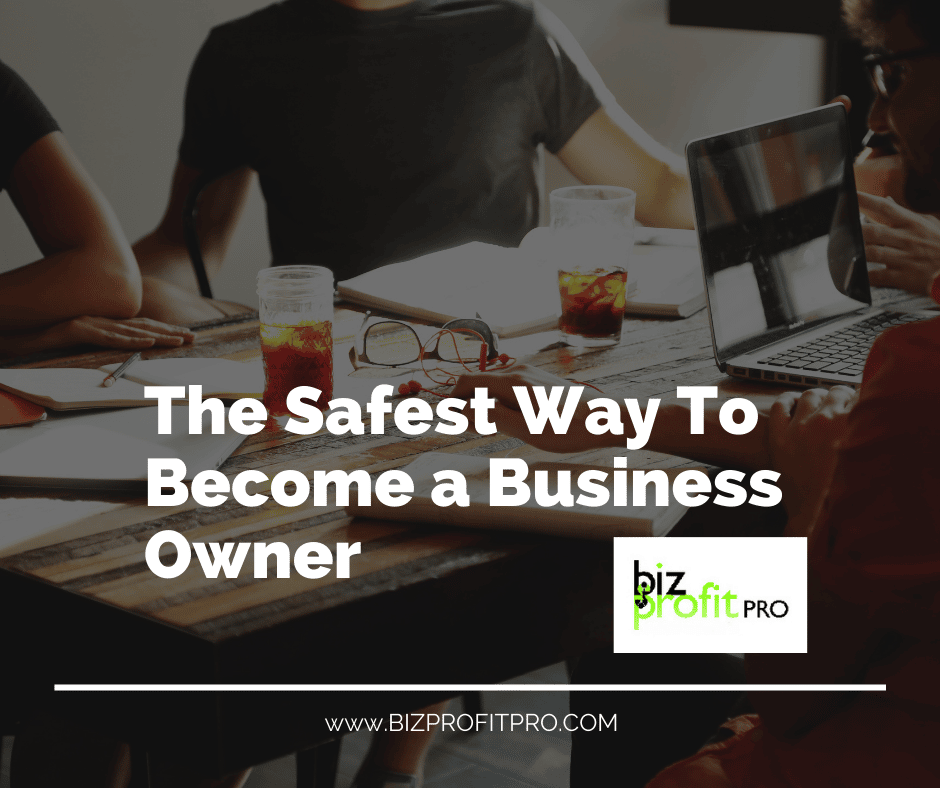Selling a business is a significant milestone that requires careful financial planning. One of the most critical aspects to understand is capital gains when selling a business. Business owners who fail to account for capital gains taxes may face unexpected tax liabilities that reduce their profits. This guide will explain what capital gains are, how they are calculated, and strategies to minimize taxes when selling your business.
What Are Capital Gains?
Capital gains refer to the profit you make when selling an asset for more than its original purchase price. When it comes to capital gains when selling a business, the IRS considers the difference between your selling price and the adjusted cost basis of your business.
There are two types of capital gains:
-
Short-term capital gains: Profits from assets held for less than a year, typically taxed at ordinary income rates.
-
Long-term capital gains: Profits from assets held for more than a year, often taxed at a lower rate.
Most business owners will deal with long-term capital gains, which can significantly impact their tax liability. The difference between the tax rates of short-term and long-term gains can be substantial, making it crucial to plan for a business sale well in advance.
How Are Capital Gains Calculated in a Business Sale?
To calculate capital gains when selling a business, follow these steps:
-
Determine the total selling price of the business.
-
Subtract the original purchase price (cost basis) and any adjustments, such as depreciation.
-
The remaining amount is considered capital gains and is subject to taxation.
For example, if you purchased a business for $200,000 and sell it for $500,000, your gross capital gain is $300,000. However, if you depreciated assets over time, your taxable capital gain might be higher due to depreciation recapture.
Different components of your business—such as real estate, goodwill, and equipment—may be taxed at varying rates. Understanding these distinctions can help optimize tax outcomes.
Tax Implications of Capital Gains When Selling a Business
Understanding the tax implications of capital gains when selling a business is essential for financial planning. The IRS taxes long-term capital gains at different rates depending on your income level. The current federal capital gains tax rates are 0%, 15%, or 20%. Additionally, some states impose their own capital gains taxes, increasing the overall tax burden.
Another factor to consider is depreciation recapture. If you’ve claimed depreciation on business assets, a portion of your gain may be taxed as ordinary income rather than at the lower capital gains rate. Depreciation recapture applies particularly to equipment and property sales, so careful tax planning is necessary.
Additionally, the Net Investment Income Tax (NIIT) imposes an extra 3.8% tax on high-income individuals, further affecting capital gains when selling a business. Owners should assess their tax bracket and potential liabilities before finalizing a sale.
Strategies to Minimize Capital Gains Taxes
There are several ways to reduce the tax burden associated with capital gains when selling a business:
-
Structure the Sale Properly: Whether you sell the business as an asset sale or a stock sale can impact your tax liability. Buyers prefer asset sales, but sellers benefit from stock sales due to lower tax rates.
-
Use Installment Sales: Spreading payments over multiple years reduces immediate tax liability by keeping gains in lower tax brackets.
-
Take Advantage of Tax Deferrals: Utilizing a 1031 exchange for qualifying assets or investing in Opportunity Zones can defer or reduce taxes.
-
Consider QSBS Exemption: If your business qualifies as a Qualified Small Business Stock (QSBS), you may exclude up to 100% of capital gains from federal taxes.
-
Gift or Transfer Ownership Strategically: If passing your business to heirs, using estate planning tools like trusts can reduce tax burdens and ensure financial efficiency.
-
Maximize Retirement Contributions: Business owners may use retirement accounts to shelter some proceeds from immediate taxation.
Common Mistakes to Avoid
When dealing with capital gains when selling a business, avoid these common pitfalls:
-
Failing to plan ahead: Without proper tax planning, you might face a hefty tax bill.
-
Overlooking business valuation: An inaccurate valuation can lead to unexpected capital gains calculations.
-
Ignoring state tax laws: Some states have high capital gains tax rates that can affect your net profit.
-
Not considering timing: Selling in a high-income year may push you into a higher tax bracket, increasing liabilities.
-
Missing out on exemptions: Not exploring all available deductions or tax-free reinvestment options can cost you significant savings.
Working with Financial and Legal Professionals
Given the complexities of capital gains when selling a business, consulting with a tax advisor, accountant, or business broker is highly recommended. These professionals can help you structure the sale efficiently, maximize profits, and minimize taxes. Working with experienced professionals ensures compliance with tax laws, strategic financial planning, and optimal results.
A tax expert can analyze how different aspects of your business will be taxed and provide guidance on how to reduce your tax exposure. Legal professionals can also help negotiate favorable terms in the sale agreement, protecting your financial interests.
Conclusion
Selling a business is a significant financial event, and understanding capital gains when selling a business is crucial for a successful and profitable transaction. By planning ahead, utilizing tax strategies, and seeking professional guidance, you can reduce your tax burden and keep more of your hard-earned profits.
Taking proactive steps such as structuring the sale wisely, exploring installment payments, and leveraging available exemptions can make a substantial difference in the amount of taxes owed. Additionally, collaborating with financial and legal experts ensures that you navigate the process smoothly, avoid common mistakes, and maximize your net gains.
Whether you are considering selling now or in the future, a well-planned approach to capital gains when selling a business will ensure you make the most of your business sale. Understanding the tax implications and leveraging smart financial strategies will help you achieve a more favorable outcome, leaving you with a stronger financial position for your next venture or retirement.




